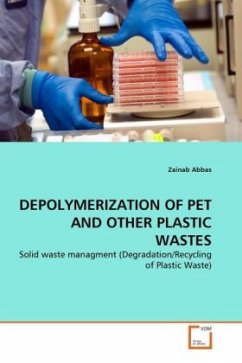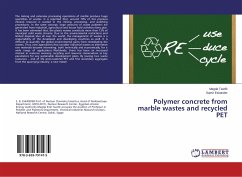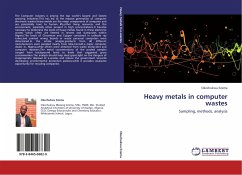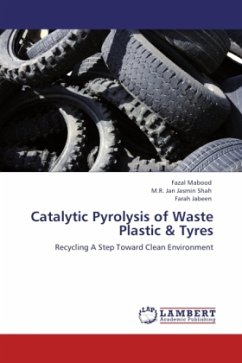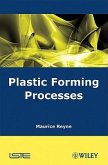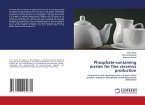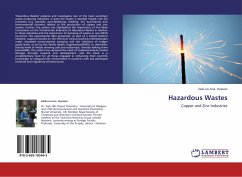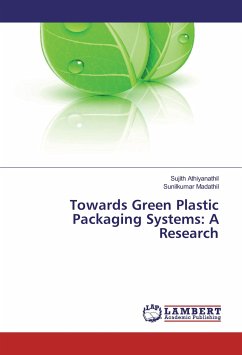A comparative study of hydrolysis of PET waste and other plastic waste ( compact disc. Polyethelene, polystyrene) has been carried out under various reaction conditions. PET was hydrolyzed with sodium hydroxide in different solvents at reflux as well as by fusion in solventless conditions at atmospheric pressure. Best results were obtained when PET chips were heated to dryness with sodium hydroxide in minimum amount of water. A 98% yield of terephthalic acid was obtained in ten minutes. Hydrolysis with aqueous ammonia was not promising. Acid hydrolysis with nitric acid also provided 97% yield of the terephthalic acid. The basic hydrolysis of the PET waste (in a minimum amount of water) is being recommended as preferred method for the formation of terephthalic acid. In another study compact disc, were also recycled by fusion with sodium hydroxide to get bisphenol-A. 60 % yield of bisphenol A was obtained. Polyethylene and polystyrene wastes were recycled by acid hydrolysis and distillation processes.
Bitte wählen Sie Ihr Anliegen aus.
Rechnungen
Retourenschein anfordern
Bestellstatus
Storno

